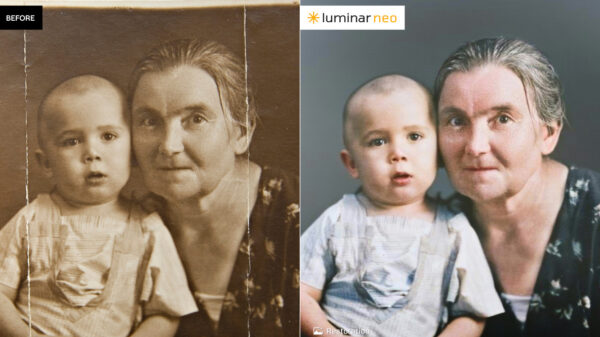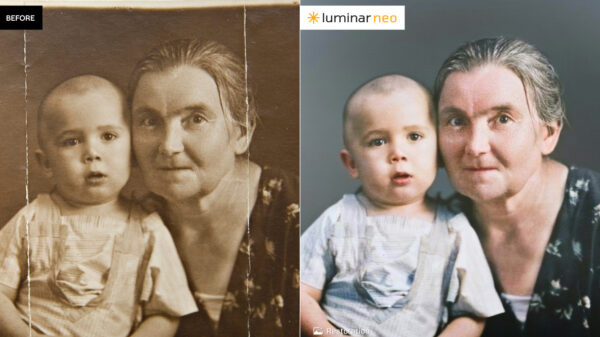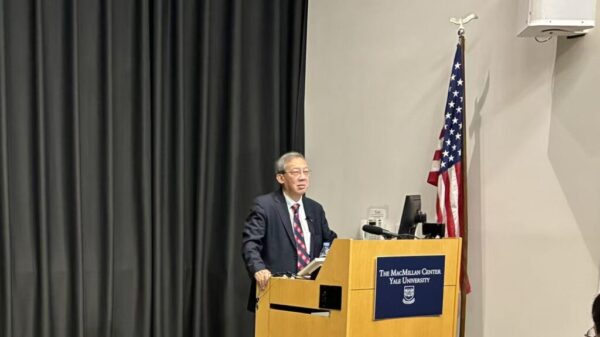Reflecting on personal development over a decade reveals the intricate relationship between time and self-control. Many individuals may find themselves largely unchanged in their core traits and behaviors, despite the passage of years. Research suggests that our fundamental characteristics, such as strengths, weaknesses, and preferences, often remain stable throughout life, with changes occurring gradually and subtly.
The concept of self-control is crucial when examining personal growth. It is often influenced by early childhood experiences and, according to psychological studies, is a key factor in achieving long-term goals. Individuals who practice self-control are more likely to make choices that align with their objectives, whether in personal life, career, or health.
In a recent reflection on this topic, a writer who has maintained a journal for over ten years noted that their personal evolution has not been as pronounced as they initially expected. “I am a very similar person to who I was then,” they stated, highlighting the stability of their personality and life priorities. This sentiment resonates with many who believe that our identities are shaped during formative years and remain relatively constant thereafter.
The Role of Time in Personal Transformation
Time serves as a lens through which we can assess our growth, yet it often reveals that significant changes are subtle. While some may achieve drastic transformations through life experiences, others find that their core identities persist. This raises important questions about the nature of personal change and the factors that influence our ability to develop self-control.
Psychologists argue that self-control can be cultivated through practice and conscious effort. Techniques such as setting specific goals, monitoring progress, and reflecting on past experiences can help individuals strengthen their willpower. As people navigate various life stages, they may discover that their priorities shift, but the underlying traits often remain intact.
Understanding Self-Control for Future Growth
The journey towards enhancing self-control is a gradual process that involves patience and self-reflection. Individuals are encouraged to examine their habits and identify areas for improvement. By doing so, they can create a framework for personal growth that aligns with their long-term aspirations.
In conclusion, while many may perceive themselves as unchanged over time, the reality is more nuanced. The interplay between self-control and personal development signifies that growth can be a slow and steady process. As individuals continue to reflect on their lives, they are likely to uncover layers of change that contribute to their overall identity. Embracing this journey can lead to a deeper understanding of oneself and ultimately foster a more intentional approach to self-improvement.





































































